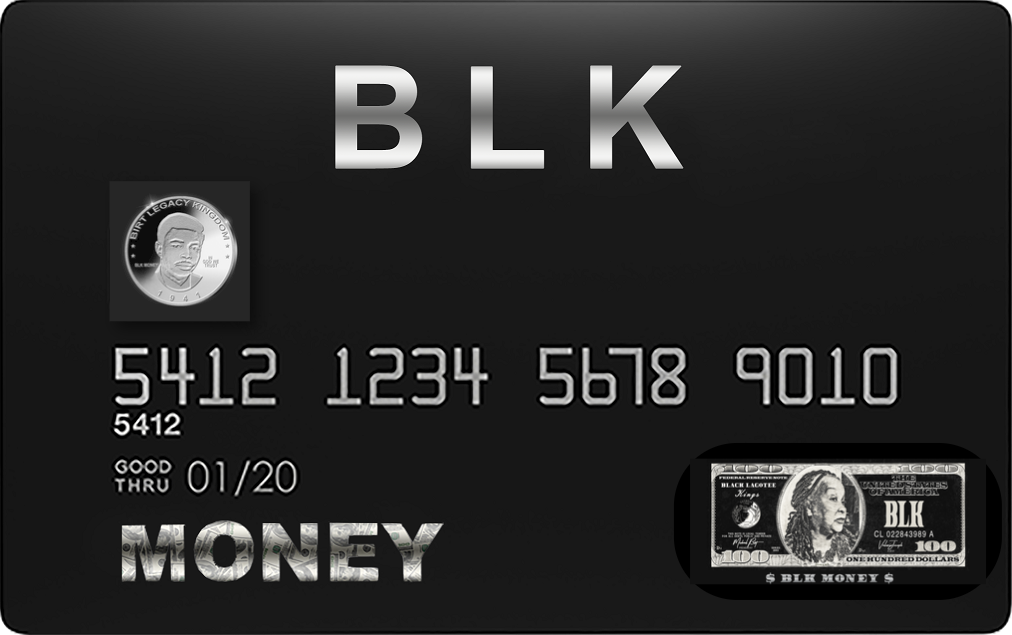How Does Experian Business Credit Calculate the Intelliscore Plus Score?
One of the things Intelliscore is most known for is the identification of key factors. These can show how likely a business is to pay its debt. Over 800 commercial and owner variables go into calculating Intelliscore Plus. Many of them are from the list of general information all credit agencies look at. But some are more detailed or even unique to Experian. Here is how they are broken down.
Payment History
This is your current payment status. It’s how many times accounts have become delinquent. It also shows how many accounts are currently delinquent, and overall trade balance.
Frequency
This one shows how many times your accounts have gone to collections. It also notes the number of liens and judgments you may have against you and your business. It also shows any bankruptcies related to your business or personal accounts.
Frequency also incorporates information about your payment patterns. Were you regularly slow or late with payment? Did you decrease the number of late payments over time? That affects your score.
Monetary
This specific factor focuses on how you make use of credit. For example, how much of your available credit are you using right now? Do you have a high ratio of late balances when compared with your credit limits?
Of course, if you are a new business owner, a lot of this information will not exist yet. Intelliscore Plus handles this by using a blended model to identify your score. This means your personal credit score becomes part of determining your business’s credit score.
FICO SBSS
The FICO SBSS is the business version of your personal FICO credit score. It is becoming more common for lenders to use this score, rather than the Experian business credit score or even the D&B PAYDEX. It stands for FICO Liquid Credit Small Business Scoring Service.
Unlike your personal FICO, the SBSS reports on a scale of 0 to 300. The higher the score, the better. But most lenders demand a score of at least 160.
How is the FICO SBSS Scored?
This score is vastly different from other business credit scoring models. The SBSS uses your business and personal credit scores. It also uses financial information like business assets and revenue. It aims to give a total global financial picture rolled into one score.
Business owners cannot access their FICO SBSS on their own. There is a proprietary formula for score calculations. FICO does not make that information public. You go into a lender blind about what your FICO SBSS credit score may be. This is unlike with the other credit agencies, where you can get a copy of your credit report and know where you stand.
The reason that the FICO SBSS does not work the same way is that you could have a different score from lender to lender. This is due to how lenders ask for and get your FICO SBSS score.
The FICO SBSS Scoring Process
The process starts when you turn in your application. It will include all the financial documentation required by the lender. Then the lender processes the information and sends it to FICO with a request for your SBSS score. At this point, the lender can ask for certain factors in the score to weigh more than others. For example, a lender can put more weight on your personal credit score or your business credit. They could choose to weigh annual revenue as more important than payment history. It is their choice. As a result, your FICO SBSS score could vary between lenders.
First, FICO gets the request from the lender. FICO then searches business credit information from business CRAs. These include D&B, Experian, and Equifax. If they cannot pull enough scoring information from one, they move onto the next. If there is not enough data from any of them, then it uses personal credit and business financials only.
With the lender’s weighting preferences, personal credit, business credit, and business financial data, they calculate the FICO SBSS. This information is specific to that lender.
Personal Credit Scores
Equifax, FICO, and Experian report on personal credit as well. Dun & Bradstreet does not; the big personal CRA (aside from Experian, Equifax, and FICO) is TransUnion.
The FICO is probably the most commonly used personal credit report, but they all count. They can each vary, but usually only slightly.
Business Credit Scores
Personal Credit Scores
The biggest difference is that a business credit score is based on the business’s ability to pay, not the owner’s. However, business credit differs from personal credit in a number of other ways as well. Various factors affect your business credit score in ways vastly different from how they affect personal credit. Each of these factors affects business credit and personal credit differently.
How Do I Check My Business Credit Scores?
It is important to know what is happening with your credit. Make certain it is being reported and take care of any mistakes ASAP. Get in the habit of taking a look at credit reports and digging into the specifics, not just the scores.
Currently, at D&B you can monitor at: www.dandb.com/credit-builder. At Experian, you can monitor your account at: sbcr.experian.com/pdp.aspx?pg=Sample&link. And at Equifax, you can monitor your account at: www.equifax.com/equifax-complete/Equifax.
In late 2020, D&B monitoring prices range from $149 to $199 per month. Experian monitoring products range from $39.95 to $1495 currently. Prices can change at any time, so check directly with the credit reporting agencies for current pricing.
At Credit Suite you can Monitor your Business credit scores and reports with D&B, Experian, and Equifax for only $24/ month. Find out more now.
